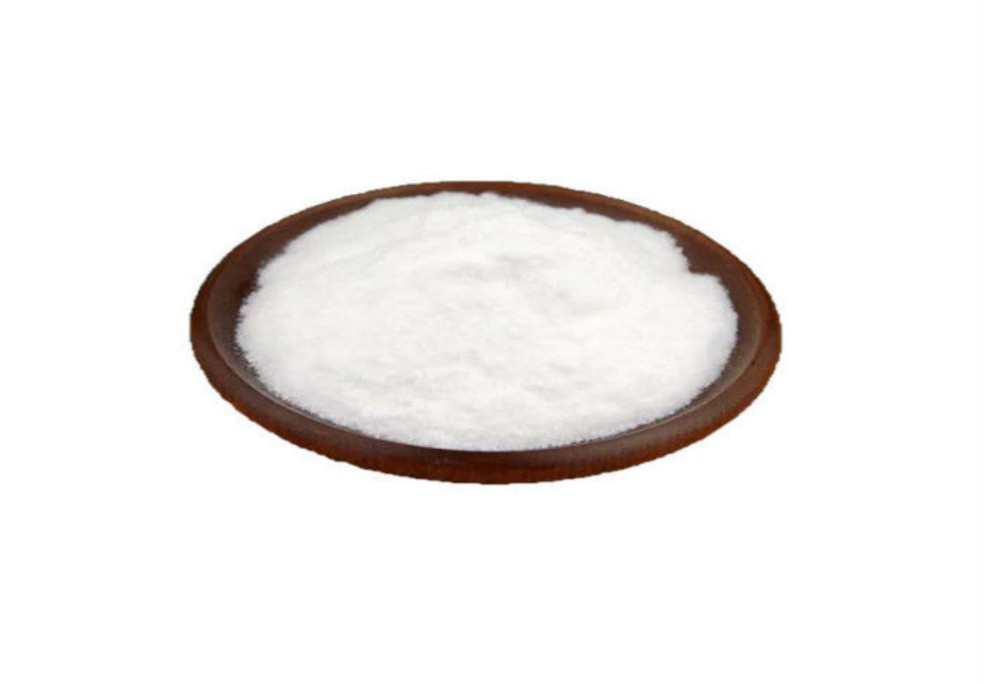Dehydroepiandrosterone/dehydroepiandrostenedione (DHEA, more correctly didehydroepiandrosterone), also known as androstenolone as well as 3β-hydroxyandrost-5-en-17-one or 5-androsten-3β-ol-17-one, is an important endogenous steroid hormone. In its pharmaceutical drug form it is called prasterone (CAFE). It is the most abundant circulating steroid hormone in humans, in whom it is produced in the adrenal glands, the gonads, and the brain, where it functions predominantly as a metabolic intermediate in the biosynthesis of the androgen and estrogen sex steroids. However, DHEA also has a variety of potential biological effects in its own right, binding to an array of nuclear and cell surface receptors, and acting as a neurosteroid.
In middle-aged men, no statistically significant effect of DHEA supplementation on lean body mass, strength, or testosterone levels was found in a randomized placebo-controlled trial.
A small study suggested DHEA supplementation was associated with increases in free (but not total) testosterone levels
In women with adrenal insufficiency and the healthy elderly there is insufficient evidence to support the use of DHEA.






















